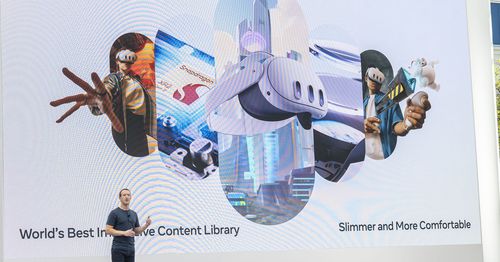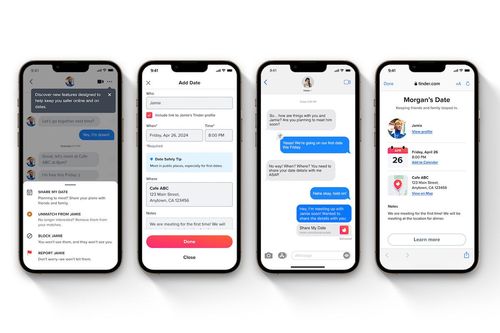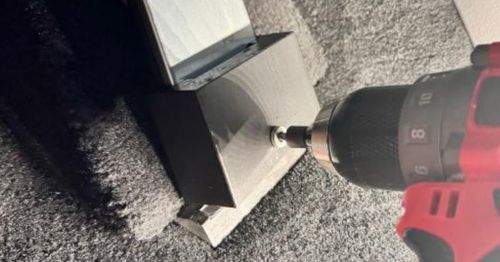Microsoft is confident that Windows on ARM could finally surpass Apple
Microsoft is gearing up to showcase its innovative concept of “AI PCs” in an upcoming event in Seattle next month. Comfortable with their progress, insiders close to Microsoft reveal the company's belief that its new lineup of Arm-powered Windows laptops will outperform Apple’s M3-powered MacBook Air in areas of CPU performance and AI-accelerated tasks.
Over the years, Microsoft has faced several setbacks from Qualcomm's unfulfilled promises. However, the new tide of optimism is fueled by the anticipated Snapdragon X Elite processors. These processors are expected to deliver the performance Microsoft desires, encouraging a more assertive push for Windows on Arm. In addition to being featured in various Windows laptops launching this year, these processors will also be included in Microsoft’s latest consumer-focused Surface hardware.
The confidence in Qualcomm's new chips is so high that Microsoft plans to demonstrate how these processors surpass the M3 MacBook Air in CPU tasks, AI acceleration, and app emulation. According to documents viewed by The Verge, Microsoft is positioning these new Windows AI PCs to offer “faster app emulation than Rosetta 2” - Apple's compatibility layer for its Silicon Macs.
App emulation historically posed challenges for Windows on Arm, but significant progress was made with the introduction of x64 app emulation in Windows 11 over two years ago. This advancement ensures apps can function on Windows on Arm devices even without a native ARM64 version. With the launch of an ARM64 version of Chrome by Google, there's a clear signal that the ecosystem for upcoming Windows on Arm laptops is strengthening.
Furthermore, insights reveal Microsoft's plans to equip both the Surface Pro 10 and Surface Laptop 6 for consumers with the Snapdragon X Elite processors, opting for Qualcomm over Intel’s Core Ultra chips. This move marks a clear direction towards embracing Arm models for the consumer market. These devices are internally dubbed “next-gen AI Copilot PCs” by Microsoft, positioning them to lead in a new frontier that combines cutting edge hardware with innovative AI-powered Windows features.
 Why Meta is looking to the fediverse as the future for social media
Why Meta is looking to the fediverse as the future for social media Microsoft’s Surface and Xbox hardware revenues take a big hit in Q3
Microsoft’s Surface and Xbox hardware revenues take a big hit in Q3 Augment, a competitor of GitHub Copilot and backed by Eric Schmidt, emerges from stealth mode with a launch of $252 million
Augment, a competitor of GitHub Copilot and backed by Eric Schmidt, emerges from stealth mode with a launch of $252 million IBM advances further into hybrid cloud management with its $6.4 billion acquisition of HashiCorp
IBM advances further into hybrid cloud management with its $6.4 billion acquisition of HashiCorp Perplexity is raising over $250 million at a valuation of between $2.5 billion and $3 billion for its AI search platform, according to sources.
Perplexity is raising over $250 million at a valuation of between $2.5 billion and $3 billion for its AI search platform, according to sources. Apple announces May 7 event for new iPads
Apple announces May 7 event for new iPads Gurman: iOS 18 AI features to be powered by entirely On-Device LLM, offering privacy and speed benefits
Gurman: iOS 18 AI features to be powered by entirely On-Device LLM, offering privacy and speed benefits Meta aims to become the Microsoft of headsets
Meta aims to become the Microsoft of headsets Tinder introduces a 'Share My Date' feature allowing users to share their date plans with interested friends
Tinder introduces a 'Share My Date' feature allowing users to share their date plans with interested friends This is Tesla's effective solution for the recalled Cybertruck accelerator pedals
This is Tesla's effective solution for the recalled Cybertruck accelerator pedals
